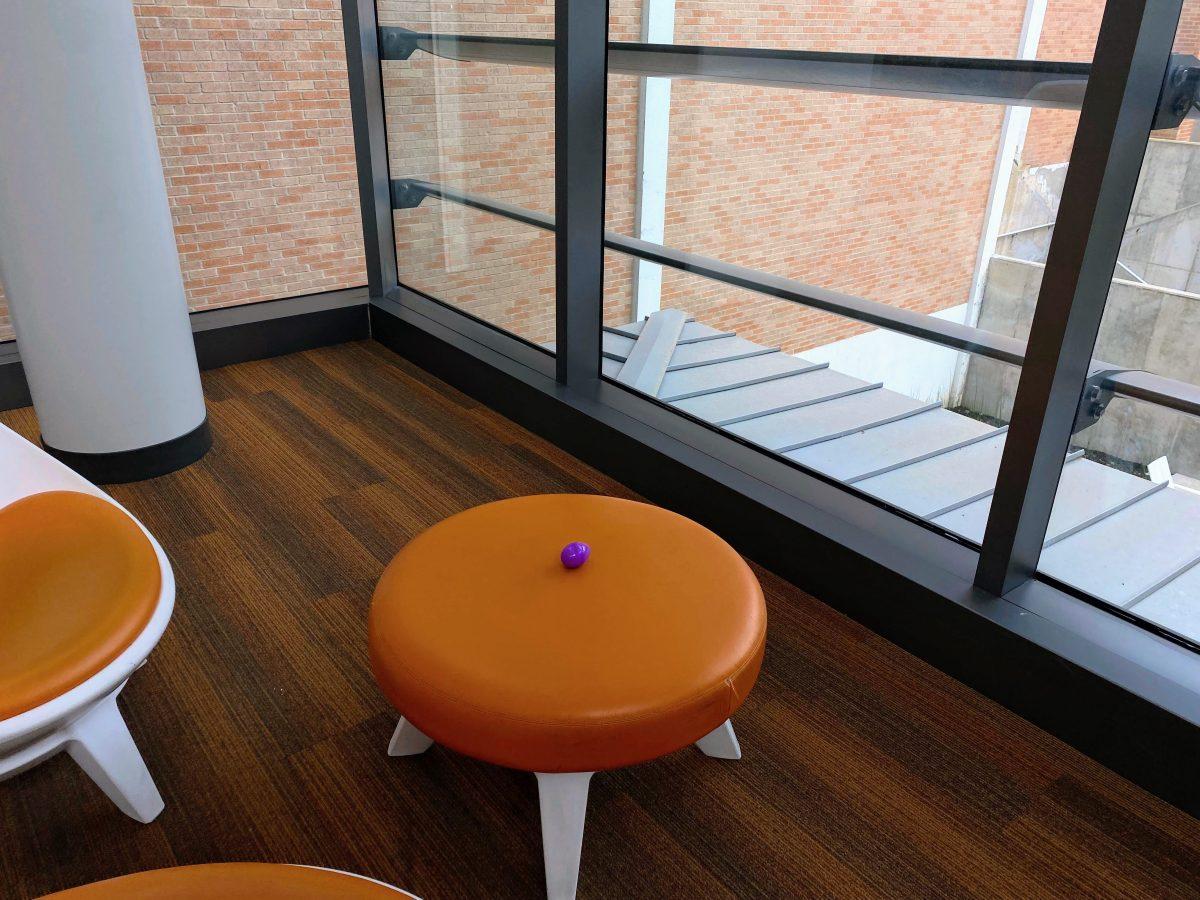Faculty at Sam Houston State University discussed their grievances regarding the new Bearkat OneCard on the second floor of Austin Hall Sept. 25.
The biggest issue the senate and other faculty members have with the new Bearkat OneCard is its appearance, which does not differentiate faculty cards from those of the students.
Associate professor of graphic design and third-year senator Anthony Watkins serves as the chair for the university affairs committee—the committee under which the Bearkat OneCard issue falls.
“Many faculty have experienced difficulty and confusion with activation of the new cards,” Watkins said. “Incorrect or expired passwords have been a problem, and working with HigherOne has not always proven satisfactory.”
According to Watkins, another issue the faculty has regarding the appearance of the new cards is that it coincides more fluidly with that of a debit card, rather than just a form of identification. Although the card can serve both purposes, many faculty members do not want to use it as a debit card and do not appreciate that it appears as one.
“An additional concern is the appearance of the card – specifically the fact that it looks more like a credit/debit card than an I.D.,” Watkins said. “While we understand that there is no requirement to actually use the I.D. in this way, several senators would like to see a separate faculty I.D., or a OneCard without the debit or MasterCard marks. This matter stems from a concern that our I.D. won’t be recognized as official university identification by other institutions or organizations, especially for research purposes.”
To assuage the faculty’s concerns, Watkins and the rest of the university affairs committee have been in contact with Assistant Vice President for Student Services, Kristy Vienne, Ph.D.
“Dr. Vienne has been very helpful and open to further communication with the senate on this matter,” Watkins said. “Dr. Vienne has offered and has been invited to attend the senate’s Oct. 23 meeting in order to address our concerns and field questions from the senate.”
Watkins said that although there are several issues with the new cards and HigherOne as a whole, the faculty’s main concern is changing its appearance.
“To the best of my knowledge at this point, the primary changes to the physical card are its visual appearance,” he said. “The senate is also looking at the I.D. systems [at] other institutions, including those that also work with HigherOne.”
Although it is unknown exactly what portion of the faculty population is unsatisfied with the new Bearkat OneCards, according to Watkins many of the issues brought to senate arrive on the agenda via word-of-mouth.
“While there hasn’t been any official polling on the matter, senators are active faculty and we engage in conversation with our colleagues on a range of topics,” Watkins said. “These conversations do play a role in the senate’s decision making process, including questions regarding what issues need to be addressed.”
For Watkins, serving as a senator means not only improving conditions for himself as a faculty member, but also for the lives of his coworkers and colleagues.
“As educators, there are liberties and responsibilities that are important to maintaining a successful academic environment,” he said. “One of the senate’s responsibilities is to represent the interests of the faculty and to communicate these interests to the administration with clarity.”
Attending to this issue, according to Watkins, will not only check one more item off of the agenda of concerns, but it could also prevent future problems from coming up.
“While the senate appreciates the benefits of the card to the university, it’s important to acknowledge that a one size fits all solution is not always an efficient solution for everyone,” Watkins said. “Many faculty have experienced difficulty with this process, and this as well as other concerns that arise on occasion take time away from our other responsibilities. For faculty these aren’t always seen as isolated cases, but tend to accumulate into a collection of distractions and difficulties.”













